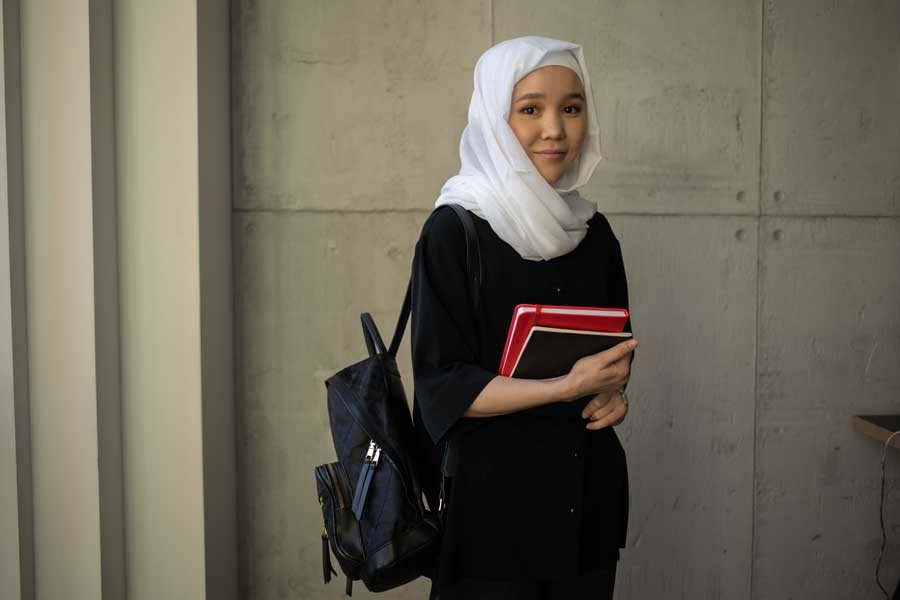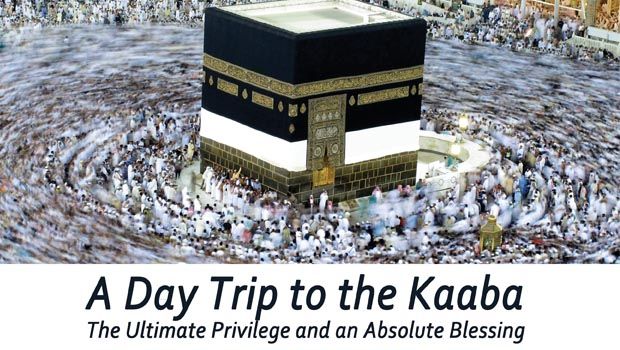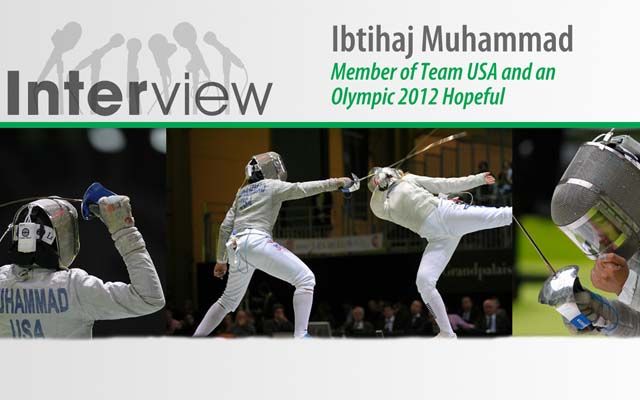Allah made each and every one of us humans unique. There are no two people exactly alike, and this diversity is a great blessing. In the Quran, Allah tells us: “O humanity! Indeed, We created you from a male and a female, and made you into peoples and tribes so that you may get to know one another” (49:13).
Sometimes for Muslim women, it can be particularly challenging to embrace and express our unique selves. When we are wearing a hijab that clearly marks us as a believer in a non-Muslim land, we feel pressure, sometimes, to present a “perfect” image to the world. After all, we often feel like a walking billboard for our faith, knowing some people will judge Islam by our actions.
Some of us who have encountered bigotry might try to remain as inconspicuous and bland as possible in an attempt to ward off any confrontation or harassment. But by attempting to hide our imperfections, quirks, personality, and unique qualities, we run the danger of hiding the authentic self that is a gift to the world.
I struggled with expressing my authentic self when I first embraced Islam 23 years ago. On one hand I knew I needed to shed parts of me that did not align with Islam. This meant making some drastic changes to the way I dressed, the foods I ate, and the activities I enjoyed. Like many new Muslims, once I had transformed many of my habits, I had to ask myself, “Who am I now?” The problem was, I didn’t know the answer.
If I could go back and talk to young, new-Muslim Laura, I would tell her this: you can still be yourself! You do not have to wear a shalwar kameez from Pakistan, or an abaya from Jordan if you’re not comfortable in those clothes. You can find a modest wardrobe at your local department store that fits your style. If you want to wear Converse high tops with jeans and casual shirts, just make sure the pants are baggy, the top is loose and long-sleeved, and the shoes are . . . well. . . your favorite color!
Many of my hobbies and passions were still permissible, but for a while I gave them up. I wish I’d had easy access, back in 2000, to comfortable and modest clothes that would have enabled me to pursue my love of sports. I gave it up for a while because being modest and athletic seemed impossible. Nowadays, of course, even Nike has a sports hijab! In fact, Islamic clothing for nearly any occasion or activity is merely a click away. It’s nice to be sporty again; that’s part of who I am.
When I became a Muslim, I gave up pork and alcohol, of course, but I didn’t need to replace my mom’s pot roast recipe with samosas or maqlooba (as delicious as those are). Cuisines from Muslim-majority lands are not “more Islamic” than the foods I’d grown up with, as long as all ingredients are halal.
I stopped celebrating holidays with my non-Muslim family, and that really hurt my relationship with them. I wish I had listened to this talk by Dr. Yasir Qadhi about the permissibility of celebrating Thanksgiving and private celebrations with one’s non-Muslim family members, or even gathering with them on other holidays as long as I didn’t participate in overtly religious rituals.
In giving up almost everything that had defined me before Islam, I surrendered huge chunks of my authentic self. I did not realize, back then, that Islam does not have one culture. Muslims are beautifully diverse, and no country or ethnicity has a monopoly on Islam. Even the Prophet (peace be upon him) explicitly addressed this in his farewell sermon: “There is no superiority of an Arab over a non-Arab, or of a non-Arab over an Arab.”
Sometimes “born” Muslims pressure converts to adopt their culture along with the deen. This can cause new Muslims to feel unnecessary shame about their own background. It can also trigger a painful identity crisis, since converts don’t seem to fit in with their old community anymore, but they also feel like outsiders amongst Muslims.
It took me many years to settle into my own authenticity. I finally feel at peace with who I am – an American Muslim who loves Islam while simultaneously embracing many parts of me that were formed in my youth. Now that I’m celebrating my true self, I’ve found that my relationships with non-Muslims have become more rewarding, as well. For years I tried to be “perfect” so that no one could fault me, or Islam. I hid away my flaws and quirks and tried to make myself invulnerable. As a result, I built a wall that kept non-Muslims from knowing me as a human being.
Nowadays I try to let my true self show through as much as possible. I speak about my passions, my fears, my flaws, and my strengths. I am less afraid to show people that I am an imperfect person who is striving to improve and please her Creator. In fact, I think my authenticity allows others to let their guard down. I now let people know that, like them, I deal with challenges as a mother, a wife, a daughter, and a professional. I have a lot more in common with them than they might initially think.
When I show non-Muslims my true self, they often share with me their own concerns, flaws, and hopes. We connect on a human level. I am convinced that forming genuine connections with Muslims is the only way that people can be open to learning about Islam. When the teacher is humble, accessible, and relatable, students are willing to listen. Sometimes I discuss religion directly, but most of the time I hope that non-Muslims will learn about my faith indirectly, from my words and actions.
Of course, we Muslims must always find a balance between showing the world our authentic self and having appropriate modesty. Ibn Abbas reported: The Messenger of Allah, peace and blessings be upon him, said, “Verily, every religion has a character, and the character of Islam is modesty” (Sunan Ibn Mājah).
Being authentic does not mean telling everyone everything about yourself. It does not entail compromising your principles or broadcasting your sins or flaws. It simply means using your unique personality, talents, viewpoint, and challenges in appropriate ways to facilitate halal interactions and meaningful connections. It also means being content with who you are while striving to become a better Muslim every day.
Allah made you you for a reason – not to be ashamed of who you are, not to try to conform to others’ standards, but to use your unique strengths to make the world a better place.




